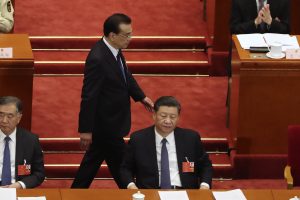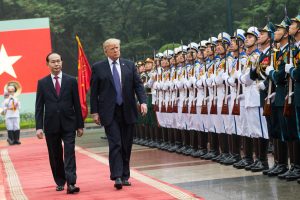By Shin Kawashima
The Regional Comprehensive Economic Partnership (RCEP) is emerging as a mega FTA centered on the ASEAN+3. Although ASEAN is the obvious driving force behind RCEP, the negotiations are also influenced by Japan and China, as well as India and other major players.
Roughly ten years ago, Japan made the decision to join the Trans-Pacific Partnership (TPP). With the U.S. withdrawal, Tokyo then took on a leadership role in the conclusion of the Comprehensive and Progressive Agreement for Trans-Pacific Partnership, or CPTPP. Subsequently, Japan has tried to promote the formation of highly liberal and advanced economic and trade frameworks around the world, for instance with the conclusion of the Japan–EU Economic Partnership Agreement. So how does RCEP fit in with Japan’s trade vision?
First, given its low degree of trade liberalization, RCEP is not especially meaningful in trade terms for Japan, given the conclusion of the CPTPP. Rather, its significance lies in the building of a framework that involves such a large number of countries and regions.
Second, although trade liberalization under RCEP is less ambitious that it is under the CPTPP, Japan has being doing its best to increase it. The thinking is that while the level of trade liberalization of the proposed Japan–China–Republic of Korea Free Trade Agreement lies somewhere between the CPTPP and RCEP, a more aggressive RCEP would encourage the Japan–China–Republic of Korea Free Trade Agreement to go further, to Tokyo’s benefit.












